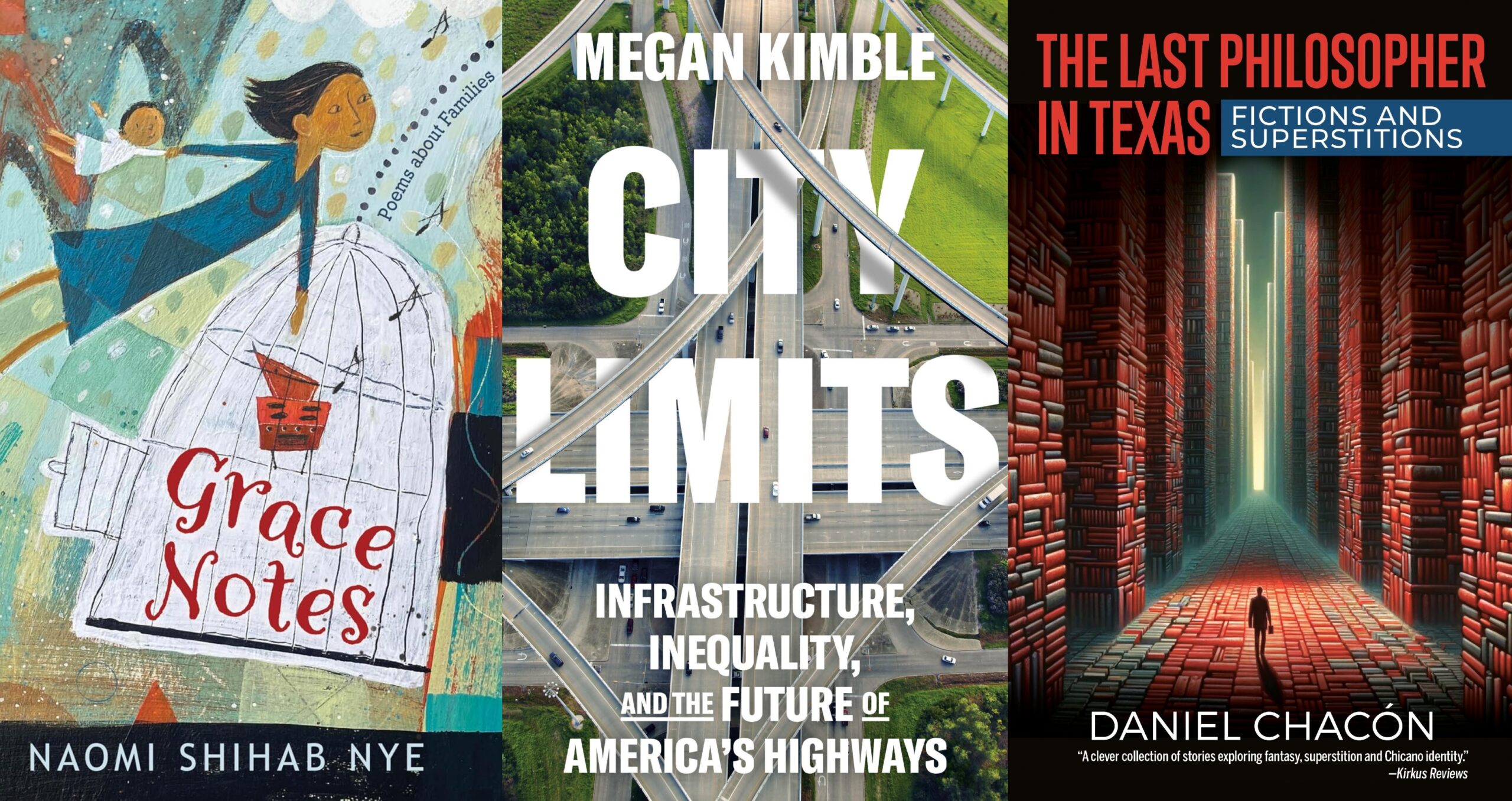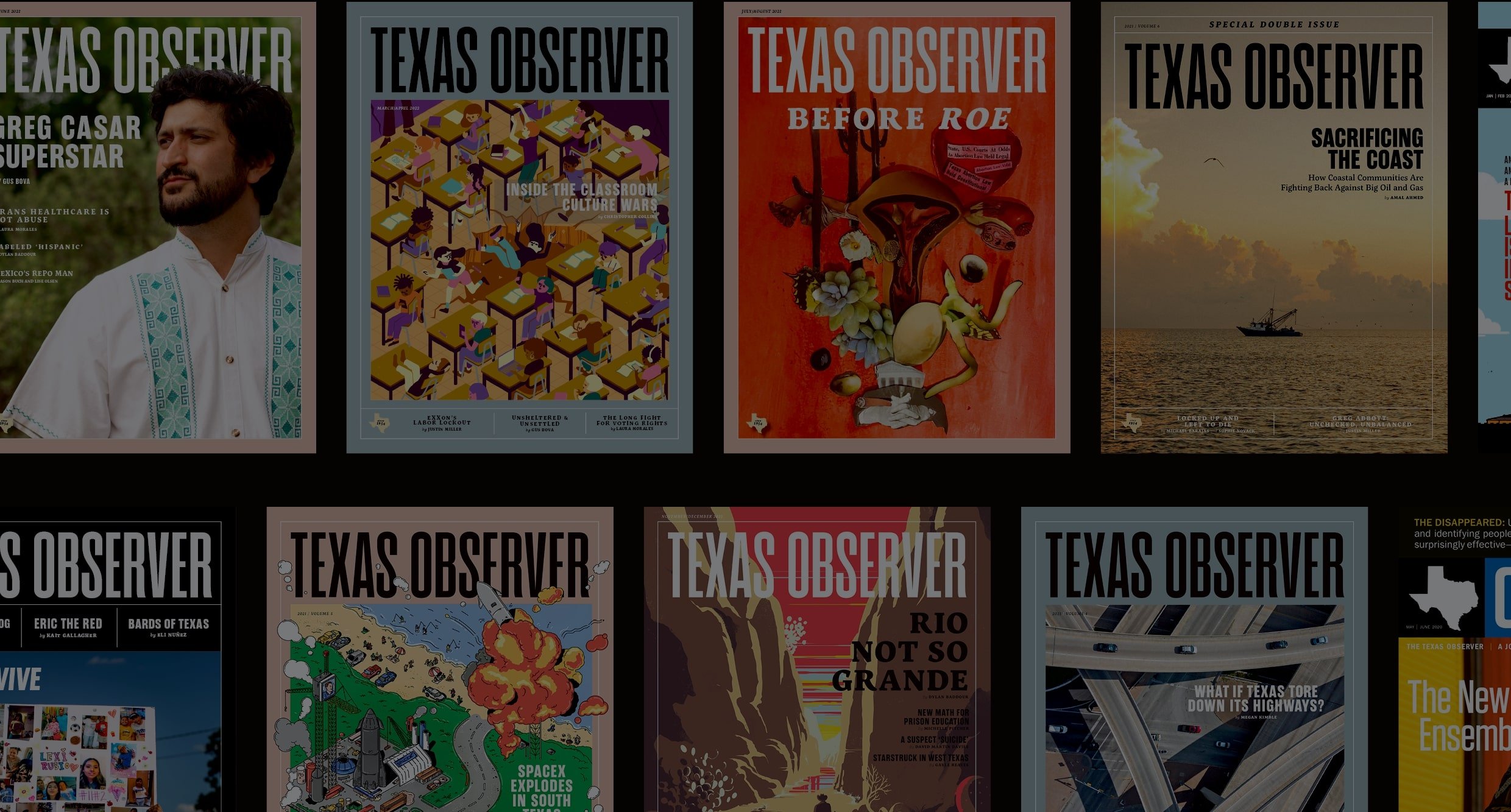Book Review
Unspooling Memory
It is revealed on the first page of Mario Vargas Llosa’s novel The Feast of the Goat that Urania Cabral, the bitter, driven Dominican-in-exile whose 1996 return to Santo Domingo forms one strand of this carefully braided book, has little use for her own name: “Her parents had done her no favor; her name suggested a planet, a mineral. Anything but the slender, fine-featured woman who looked back at her from the mirror.” Yet Urania hardly knows herself, for the allusions to planet and mineral well suit a woman who has orbited her childhood home for the past 35 years, and who has built a stone wall around her smoldering core. Nor does she quite know what has compelled her to travel from her home in New York to Santo Domingo: Is it mere curiosity, or has she come to confront her past?
Unsurprisingly, it’s the latter thing, the unspooling of difficult memories, that propels Urania’s sections of the novel. A character’s return to his or her childhood home is a familiar way for a work of fiction to frame matters of memory and history, but what lies within this particular frame is as rich as it is terrible. And Urania’s is but one of the book’s multiple frames; the others belong to Rafael Leonidas Trujillo Molina, dictator over the Dominican Republic from 1930 until his assassination in 1961, and to the men who conspired to assassinate him. Published as La Fiesta del Chivo in Spain two years ago, and translated into English last year, Vargas Llosa’s novel is an assured and gripping portrait of the Trujillo dictatorship.

Author of a dozen novels, as well as shorter works, plays, and numerous essays, Vargas Llosa has explored the intersections of literature, history and politics throughout his career. Over the last 40 years or so, the Peruvian writer’s political sympathies have swung from socialist to free-market–a trajectory capped off by his unsuccessful run for President of Peru in 1990–but The Feast of the Goat is not a political tract. It is a novel whose appropriately novelistic aim is to chart the human costs of tyranny.
For more than half the book, three points of view alternate: that of Urania, that of Trujillo on the day leading up to his assassination, and that of the assassins as they await the dictator’s car. And until the car comes, the action in all three frames consists primarily of what is said and remembered. Urania goes to see her father, once an important senator under Trujillo, now bedridden and muted by a stroke, and sits at his bedside posing questions about the past which he can’t answer. Trujillo proceeds through his daily meetings while contemplating the fissures in his regime–its economy and credibility suffering in the wake of sanctions from the United States, the Organization of American States, and the church–as well as his own failing physical power, manifest in his inability to control his bladder. The conspirators reflect on their losses and the shameful moments that led them to hate Trujillo utterly.
Those memories are live wires, “not even past,” as Faulkner put it. The novel is cinematic in the way it cuts from scene to scene, technically very deft, and yet not at all showy, as if its subject matter is too important for much literary mucking around. Clearly Vargas Llosa has immersed himself in the history of Trujillo’s rule, and he conveys that history in the form of a page-turner, with a minimum of clumsy exposition. Different characters’ recollections convey not just the regime’s infamous acts–a 1937 massacre of Haitians, an attempt to assassinate the president of Venezuela–but the varieties of internal oppression, the psychological and emotional tolls exacted.
Even Trujillo himself is not exempt from the web of shame that enmeshes every character. Devoid of a recognizable moral sense and essentially friendless, he sees betrayal all around him, in the disfavor of the United States as well as in his own bodily malfunctions. His would-be assassins, meanwhile, who recall all the compromises and evils the regime has forced down their throats, bear the burden of guilt which Trujillo does not; it’s as if, by killing him, they might manage to shift some of the blame back onto his shoulders. One of them, Antonio de la Maza, lost his brother Octavio to the regime, and still wonders whether he became complicit in Octavio’s murder by failing to denounce it publicly and accepting a government concession afterward. Another, Lieutenant Amado García Guerrero, broke off his engagement so as to prove himself loyal to Trujillo, and then killed a prisoner who, he later learned, may have been the brother of his ex-fiancé. Antonio Imbert broods over his participation in a failed assassination plot two years earlier, which he survived while his co-conspirators were captured.
The Feast of the Goat shows us why and how a novel may represent history; it’s hard to imagine a better means of portraying the ethical binds and psychological wounds the Trujillo era inflicted on Dominicans. Each person’s character is forged in response to the regime, whether by denouncing a son or cooking pasta for a fugitive. According to Alastair Reid in The New York Review of Books, the book’s reception in the Dominican Republic has been passionate, if not always favorable. In April of last year, Vargas Llosa spoke before an audience of 800 in Santo Domingo, arguing that the novelist’s role is less to document past events than, in Reid’s paraphrase, “to humanize past events as lived experiences.” Unquestionably that has been achieved in the case of this book.
The conspirators succeed in killing Trujillo, but their coup fails, and the latter part of the book takes up the story of the subsequent confusion and the conspirators’ attempts to elude the secret police. The horrors accumulate; and in scenes of torture and murder the novel becomes relentless. Urania, too, becomes relentless in her insistence upon telling every terrible detail of her remembered story, even to her aging aunt and young niece, who are not prepared to hear it. Like the book itself, she seems incapable of doing otherwise–and here is the regime all over again, leaving one with no choice but to inflict pain or stay silent. “Something of those times is still in the air,” thinks Urania at the novel’s end.
Though the book is a testament to the importance of telling the stories of the past, it leaves open the questions of how those stories should be told, and whether telling them heals old wounds or just rips off the scabs. Ultimately, Urania cannot restore any tie to her father or persuade her aunt to join her in condemning him, though she does forge a connection with her niece. The prior generation, the novel suggests, will not be redeemed, yet the future itself offers a chance at recovery.
Former Observer editor Karen Olsson is a writer in Austin.

